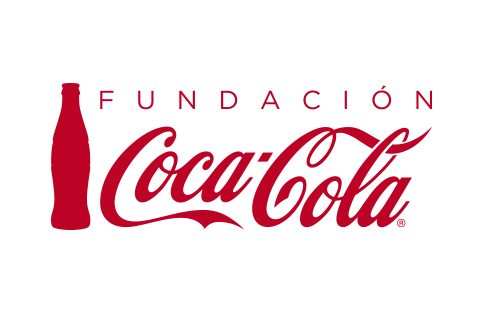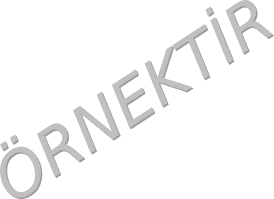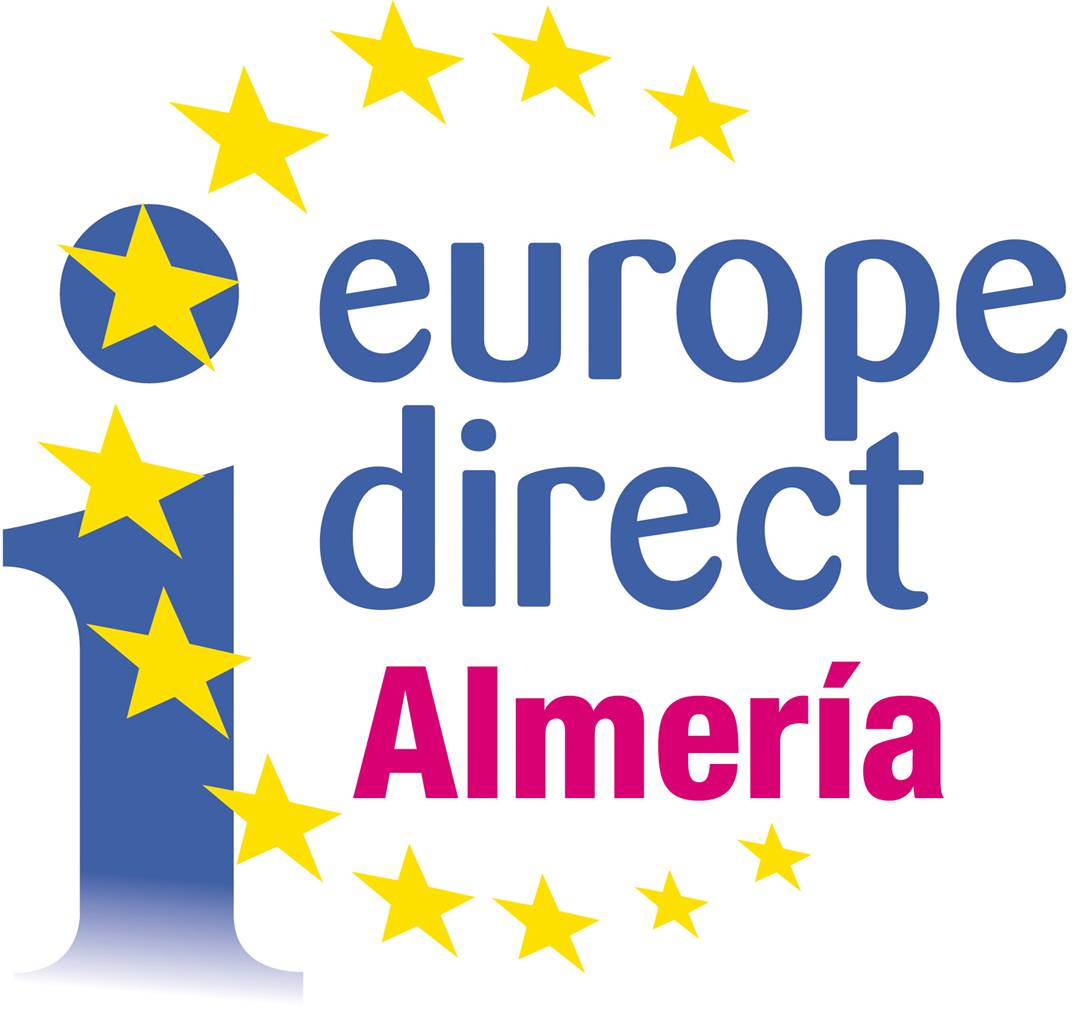USF GRADUATE CATALOG 2017201820182019 CANCER BIOLOGYINTEGRATED MATHEMATICAL ONCOLOGY (PHD)
2022 SCICU UNDERGRADUATE STUDENTFACULTY RESEARCH PROGRAMOFFICE OF STUDENT EMPLOYMENT PROCEDURE FOR GRADUATE
POSTGRADUATE APPLICATION FORM THE COMPLETED FORM MAY BE
SUPPORTED BY NERC THE NHM OFFERS THREE POSTGRADUATE
077 APPLICATION FORM FOR POSTGRADUATE RESEARCH DEGREE APPEAL FORM
11 CHIVALRY AND HISTORY IN THE MIDDLE AGES (UNDERGRADUATE
USF Graduate Catalog 20172018-20182019 Cancer BiologyIntegrated Mathematical Oncology (Ph.D.)
4/26/18 draft; CAS ok 8/21; to GC 9/10/18
Integrated Mathematical Oncology
Doctor of Philosophy (Ph.D.) Degree

DEGREE INFORMATION
Priority Admission Application Deadlines:
Fall:
Domestic: December 15
International applicant deadlines:
http://www.grad.usf.edu/majors
Minimum Total Hours: 96
Level: Doctoral
CIP Code: 26.0911
Dept. Code: BIO
Major/College Codes: CNB IMO AS
Approved: 200119
CONTACT INFORMATION
College: Arts and Sciences
Department: Cell Biology, Microbiology, and Molecular Biology (CMMB)
Contact Information: www.grad.usf.edu
Website: http://www.cancerbiology.usf.edu/
Ken Wright, Program Director (813) 745-3918, [email protected]
Heiko Enderling, Major Director (813) 745-3562, [email protected]
Janet Opel, Program Coordinator (813) 745-6768, [email protected]

The Integrated Mathematical Oncology Major consists of focused training in mathematical modeling. Students will also receive interdisciplinary training in the broader field of cancer biology through coursework and immersion in the Moffitt Cancer Center’s research endeavors. Cancer patient and experimental data have been growing at an exponential rate during the last decade and now incorporates a range of biological scales (molecular, cellular, tissue, organ) and diverse techniques (gene expression, histological staining, imaging), however, these data are severely underutilized in current clinical decision processes. Appropriate quantitative models are essential to understand the complex dynamics of the evolving non-linear system that is cancer.
This Major will provide students a unique foundation of knowledge and practical experience in the rapidly advancing arena of mathematical oncology. Students will also train alongside individuals studying other areas of cancer biology, providing a broad base of understanding of cancer and increasing the potential for interdisciplinary research. Graduates of this major will be positioned to enter the technological workforce ready to discover and implement quantitative models and model analysis in experimental and clinical areas that will have a key impact on cancer patient therapy.
The Major is a joint endeavor between the Moffitt Cancer Center and the University of South Florida. Moffitt Cancer Center is located on the campus of the University of South Florida and is a leading institution of basic research, clinical research, and patient treatment with a focused mission “to contribute to the prevention and cure of cancer.” The Moffitt Cancer Center is officially designated as a Comprehensive Cancer Center by the National Cancer Institute of the National Institutes of Health.
Major Research Areas
•Develop phenomenological mathematical models of tumor development, growth and invasion as well as treatment response
•Develop data-driven quantitative models to answer specific biological or clinical questions
•Research project work that include development, implementation, analysis and solution of topic-driven mathematical models
ADMISSION INFORMATION
Must meet University Admission and English Proficiency requirements, as well as requirements for admission to the major, listed below.
Extensive background in field of mathematics, engineering, physics, or computer science
GRE required for full consideration
GPA of at least 3.00 or greater
Advanced coursework and research experience preferred
Stipends
All Integrated Mathematical Oncology Ph.D. students in good standing will receive a highly competitive stipend. All students also receive student health insurance coverage and direct payment in full of all required tuition and required fees. Please visit the Program’s website for current stipend levels.
CURRICULUM REQUIREMENTS
All students are required to successfully complete the required Core Courses and the required Elective hours. Dissertation Committees may require students to take additional course work if needed to correct deficiencies. In special circumstances the Cancer Biology Education Committee can waive course requirements, if the student has recently completed identical coursework elsewhere. Students are required to achieve a minimum GPA of B in all Core courses and the required elective course, and maintain an overall GPA of 3.00 (B) in order to remain in good standing.
Stipends
All Integrated Mathematical Oncology Ph.D. students in good standing will receive a highly competitive stipend. All students also receive student health insurance coverage and direct payment in full of all required tuition and required fees. Please visit the Program’s website for current stipend levels.
Total Minimum Hours: 96 credit hours
Required Core Courses – 412 hours
Other Required Courses – 179 hours
Electives – 3 hours
Additional Requirements – 14 hours
Dissertation - 24 hours
Other Requirements – 34 hours
CORE REQUIREMENTS
Required Core Courses 412 13 hours minimum
PCB 6230 Basics of Molecular Oncology 3
BCS 6939 Selected Topics in Cancer Biology and the Immune System 2
BCS 6939 Selected Topics in IMO1 Basics of Mathematical Modeling for Cancer 3
BCS 6939 Selected Topics in IMO2 Data Driven Mathematical Oncology 4
PCB 6932 Bioethics for Cancer Researchers 1
PCB 6930 Current Topics in Oncology 8
Other Required Elective Courses 179 3 hours minimum
PCB 6930 Current Topics in Oncology 8
BCS
6939
PCB 6282 Cancer Biology and the Immune System 2
BCS
6939 6882 Integrated
Mathematical Oncology 1 3
BCS
6939
6883 Integrated Mathematical Oncology 2 4
ElectivesLab Rotations 32 Hours hours minimum
PCB 6910 Cancer Laboratory Rotations 1-3
PCB 6526 Cancer Genetics 3
PCB 6205 Cancer Genomics and Drug Discovery 3
BCS 68856939 Selected Topics in Cancer Drug Discovery 3
BCS 62816939 Selected Topics in Cancer Immunotherapy 4
Additional Other Course Requirements: 14 18 hHours minimum
PCB 6910 Cancer Laboratory Rotations 1-3
BSC 7911 Directed Research 4-8 4-12
BCS 6939 Selected Topics in Advances in Mathematical Oncology and Cancer Res. 4-12
PCB
6930 Current Topics in Oncology 4-8PCB
6931
BSC 6888 Selected
Topics in
Advances in Integrated Mathematical Oncology Tumor
Immunology and Cancer Research 4-12
Optional Courses:
BCS 6939 Selected Topics in Cancer 1-6
Qualifying Exam
The required qualifying exam consists of a written research proposal and an oral defense of the proposal by the student.
Dissertation 24 hours minimum
BSC 7980 2-19 Dissertation
Prior to the dissertation defense, students must have an original first-author research report accepted for publication in a peer reviewed scientific journal.
Other Requirements 34 36 hours minimum
Remaining credit hours required to meet the 96 hour minimum for graduation will consist of additional Dissertation hours (BSC7980), Selected Topics in Cancer (BCS6939), and/or Program approved electives.
During the first year, students will be required to complete two or three laboratory rotations according to their interest. Laboratory rotations are 10 weeks each. Students doing rotations will need to enroll in the laboratory rotation course. If a student has not chosen a major professor after two semesters, they may enroll in an additional summer rotation. Rotations have several purposes. The foremost is to help the students choose a compatible major professor and an exciting research project. A second purpose is for students to develop necessary technical skills. Students will be evaluated by the host professor and the Graduate Advisor will assign a grade to each student at the end of the semester.
Qualifying Exam
The required qualifying exam consists of a written research proposal and an oral defense of the proposal by the student.
COURSES - See http://www.ugs.usf.edu/course-inventory/
14 REHABILITATION COUNSELING GRADUATE STUDENT HANDBOOK COUNSELING PROGRAMS DEPARTMENT
17 POST GRADUATE (PHD) PROGRAM OF SOCIOLOGY EÖTVÖS
2011 TTU GRADUATE STUDENT CONFERENCE PART 1 THE DANGERS
Tags: mathematical, biologyintegrated, cancer, oncology, 2017201820182019, (phd), graduate, catalog
- (PLACE DATE) ……………… FOR THE ATTENTION OF THE TEACHING
- THE CINTAS FACULTY ETHICS FELLOWSHIP (BUSINESS PROFESSORS) APPLICATION PLEASE
- RESOLUCIÓN DA FUNDACIÓN GALICIA EUROPA POLA QUE CON BASE
- NA TEMELJU ČLANKA 3 STAVKA 6 ZAKONA O POSREDOVANJU
- LAB NAME MOLECULAR MASS OF A VOLATILE LIQUID 3
- KRAUTUVO VAIRUOTOJO KLAUSIMYNAS 1 KADA DARBUOTOJAMS IŠDUODAMOS ASMENINĖS APSAUGINĖS
- S ECTION D – CLASS SCHEDULING POLICIES 201718
- ARTIST(S)RECORDING COMPANY CONTRACT NAME(S) OF GROUP OR ARTISTS THIS
- WHY BOOK WITH TANZANIA ODYSSEY? BOOKING A HOLIDAY OR
- WOJCIECH BĄKOWSKI „ODNALEZIENIE SIEBIE” 2013 DZIĘKI UPRZEJMOŚCI ARTYSTY I
- STUMPAGE PRICE REPORT PURPOSE OF REPORT THE PURPOSE OF
- SALTERIO «IL MIO SALTERIO È LA MIA GIOIA!» (PSALTERIUM
- JAUME ALMERA I LA DESCOBERTA DEL PAISATGE DE MUNTANYA
- LISTA OSÓB UPRAWNIONYCH DO PROWADZENIA SZKOLEŃ REALIZATORÓW PROGRAMU FANTASTYCZNE
- KVALITETSSTANDARD FOR PRAKTIKVEJLEDNING I SOCIAL OG SUNDHEDSUDDANNELSERNE I VARDE
- IMPULSO AL PROGRAMA DE SALUD COMUNITARIA EN LA CRUZ
- REGULAMIN SZCZEGÓŁOWY ŁOWISKA SPECJALNEGO „POD GRZYBKIEM” KATEGORIA ŁOWISKA
- LOS OFICIOS EN LA REGIÓN DE MURCIA (MUNDO LABORAL)
- PEMBROKE ROTARY CLUB CHRONICLE VOLUME 29 NUMBER 25
- KULTŪRAS PASĀKUMU PLĀNS DAUGAVPILĪ 2021 GADA AUGUSTĀ DATUMS LAIKS
- GENERALITAT DE CATALUNYA DEPARTAMENT D’EDUCACIÓ INSTITUT MARTA MATA CAMÍ
- 3 KEPUTUSAN BUPATI MOJOKERTO NOMOR 18845 HK4160122020
- 1998 DISCLOSURE PACKAGE DISCLOSURE OF ADDITIONAL INFORMATION ON ASSET
- DATE MARKING USER GUIDE TO STANDARD 125 – DATE
- 1POPIS VÝROBKU DOMÁCÍ VIDEO ZVONEK S APLIKACÍ PRO
- OŚWIADCZENIE KANDYDATA(ÓW) 1 JA OŚWIADCZAM ŻE POSIADAM PRAWA WYBORCZE
- T VERSION 10 DATE 12022015 ECHNICAL CHARACTERISTICS NAME GOODSPASSENGER
- (ON NONJUDICIAL STAMPS OF RS 100) (STANDARD DRAFT) (JOINTLY
- D EMONSTRATE YOUR RESEARCH IMPACT SUBMIT A CASE STUDY
- IRS OFFICE OF SAFEGUARDS TECHNICAL ASSISTANCE MEMORANDUM PROTECTING FEDERAL
 ANNEXE III 12 N°0000000 (RECTO) TAXE GÉNÉRALE SUR LES
ANNEXE III 12 N°0000000 (RECTO) TAXE GÉNÉRALE SUR LES Nachbericht Wolfhausen mai 2017 2017 Leader in Hygiene!
Nachbericht Wolfhausen mai 2017 2017 Leader in Hygiene! 4 CONECTOR RECTO LA COLECCIÓN DE ARTE CONTEMPORÁNEO DE
4 CONECTOR RECTO LA COLECCIÓN DE ARTE CONTEMPORÁNEO DEITEM C6080101 CONCRETE SIDEWALK AND DRIVEWAY DESCRIPTION UNDER THIS
FROM BECKYMANSFIELDGMAILCOM ON BEHALF OF BECKY MANSFIELD [MANSFIELD32OSUEDU] SENT
AL JUZGADO DE 1ª INSTANCIA Nº XX DE XXXXX
HỒ SƠ YÊU CẦU CHÀO GIÁ CẠNH TRANH DỊCH
 SR EK 4 – DEĞERLENDIRME KOMITESI TAYINI BÖLÜM C
SR EK 4 – DEĞERLENDIRME KOMITESI TAYINI BÖLÜM C JORNADAS PARA EL DESARROLLO ECONÓMICO Y EL EMPLEO “BUENAS
JORNADAS PARA EL DESARROLLO ECONÓMICO Y EL EMPLEO “BUENASINFORMACIÓN PROPUESTA CONSULTOR LA SIGUIENTE INFORMACIÓN SE DEBERÁ AGREGAR
 FORMAS MUSICALES RESULTA OBVIO QUE EN NUMEROSOS CASOS UNA
FORMAS MUSICALES RESULTA OBVIO QUE EN NUMEROSOS CASOS UNA112520 DATE ALLIED HEALTH DIVISION X REQUIRED COURSE NEW
 DANA WEISER BORN 1979 BORN TAEJON SOUTH KOREA LIVES
DANA WEISER BORN 1979 BORN TAEJON SOUTH KOREA LIVES NOTA DE SERVICIO 8 DE ABRIL DE 2014 EL
NOTA DE SERVICIO 8 DE ABRIL DE 2014 EL MINISTERIO DE EDUCACIÓN SECRETARÍA DE ESTADO DE GESTIÓN EDUCATIVA
MINISTERIO DE EDUCACIÓN SECRETARÍA DE ESTADO DE GESTIÓN EDUCATIVACOMMUNIQUÉ SUR L’AUDIODESCRIPTION DE RETOUR D’IMAGE AU 16012018 41
 CPART022015001160 MANUSCRIPT SUBMITTED TO PCCP SPECIAL ISSUE ON “OPTICAL
CPART022015001160 MANUSCRIPT SUBMITTED TO PCCP SPECIAL ISSUE ON “OPTICALNEW MARATHON TOURS PUBLIC CO LTD INDICATIVE RESULTS FOR
 JUDICIAL MERIT SELECTION COMMISSION OPEN SESSION TUESDAY DECEMBER 2
JUDICIAL MERIT SELECTION COMMISSION OPEN SESSION TUESDAY DECEMBER 2NEW QUALITY OF LAWDRAFTING PROCESS AND PUBLIC ADMINISTRATION IN